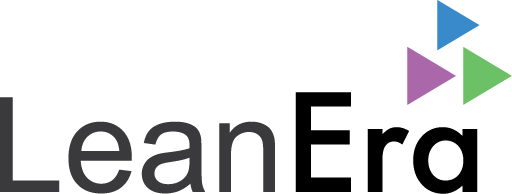Why one-size-fits-all ERP systems are not the future
Any Enterprise Resource Planning system, at its core, is a collection of applications that perform tasks related to verticals like financial management, inventory management, human resource management and more. Due to the seemingly generic nature of ERP software, some organizations rely on systems that operate on a common platform, and are supposed to cater to the needs of different industries.
Why does the one-size-fits-all trend exist?
Many best practices are common across industries. Some ERP vendors develop and market their application suites basing them on these standards. Key benefits are that it’s less expensive for a vendor to develop a generic ERP system and they will likely benefit from volumes.
Problems caused by one-size-fits-all ERP solutions
Unfortunately, a one-size-fits-all ERP software suite is rarely sufficiently reliable because the applications are simply not designed keeping in mind individual, organizational requirements. Some applications may not be suited to handle the unique needs of an organization at all, and even those that may be are unlikely to cover all your core business processes and will, therefore, be fragmented and inefficient. Ultimately, it’s a case of wasted resources, time and money. We’d go so far as to say continued reliance on a one-size-fits-all ERP system can be very bad for business.
A generic ERP tool can restrict your organization’s workflow and slow down growth and innovation. Problems can surface when it’s time to scale up and diversify. A tool offering a blanket solution is rigid and hampers progress because it cannot support the agility most businesses need to help them grow.
While picking specifics right up front might seem like a daunting task, making the right ERP choice to suit your specific needs doesn’t need to be hard.
Choose the right ERP solution for you
We’ve said this before, and we’ll reiterate, start any selection process with careful deliberation to avoid the risks associated with a generic tool. If your organization is clear about its goals, that’s a first good first step. While choosing an ERP solution, establish the capabilities of the product as well as the solution provider. Make sure the tool offers most of what you require out of the box. This translates to reduced customization later. Ensure your ERP vendor has experience delivering ERP solutions specific to your industry. A vendor who has provided ERP solutions for the automation industry, for instance, understands the unique requirements of the industry better than a company that has a solution geared to manufacturing that they offer to customize.
The advantages of an industry-specific ERP tool
- An industry-specific tool is more likely to accomplish a task using fewer resources and in less time than a one-size-fits-all tool.
- It will also require little or no customization before it can be deployed.
- When your organization grows, an industry-specific solution will be able to handle changes with greater efficiency. This makes your job easier and less time-consuming.
In comparison, a generic tool can slow your organization down to a crawl. Sometimes, even when it’s tailored to your requirements, the heavy customization in itself can become a bottleneck.
Choosing a suitable ERP solution and deploying it requires the guidance of experts who are familiar with integration and change management. PSI has worked closely with organizations and helped them successfully incorporate ERP into the process. To learn more about choosing the right ERP solution for your business and its effective implementation, call us at 1-866-277-4447 or email at info@psierp.com.





